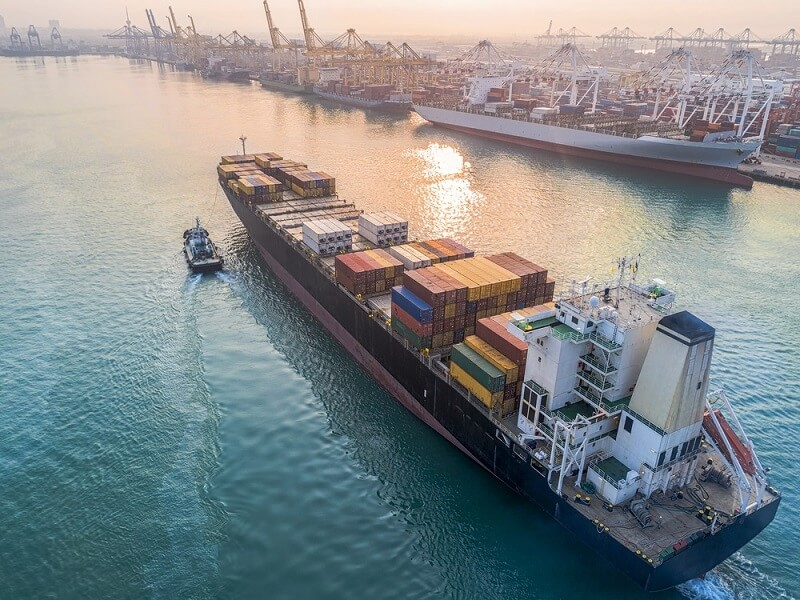
In transporting cargo from one place to another, there are several processes and documentation that are needed to be carried out. If you are involved in global trade, you would be aware of the costs incurred as well. Freight charges are simply the price at which goods or cargos are charged for the delivery from one point to another. These are calculated after measuring all the criteria and completing all the documentation processes.
What are freight charges?
These are the charges levied on the shipment of cargo from the starting point to the destination by the carrier. The prices depend upon the consignment’s weight which the buyer has bought, the dimension of the goods, and more. Additionally, it depends on the mode of transportation which is selected to deliver the goods.
Common freight terms and their meaning
Freight charges are mostly dependent on diverse elements and hence these are of various kinds. However, to understand these clearly, you must understand the meaning of some common freight terms:
● Carrier
A person or a company that works in the transportation business for delivering the goods from one location to another location.
● Consignor
The consignor or the shipper is the company/person who sold their goods to a buyer.
● Consignee
The consignee is the person or the company who purchases their goods from the buyer.
● Waybill
A document where all the detail about the shipment and the price and the charges is available.
● Claim
The claim is the process when your goods are damaged during the arrival to buyer’s destination.
● Gross weight
This term is used for the weight of the goods that the buyer has purchased and are to be transported.
What are the different types of Freight Charges?
Now, once you understand the terms used in the shipping business, here are some of the commonly used freight charges:
1. The Consignee Collect
This charge is levied on the buyer including the custom charges and maintenance of all the documents.
2. FOB destination
The supplier has to pay all the charges and also the responsibility of the goods till they arrived at the destination of the buyer.
3. FOB origin
The supplier must pay charges but only for one location. Post that, the buyer is responsible to handle the charges. In case. the goods are damaged on the way to the destination, the supplier compensates.
4. Repay and add
The supplier must pay all the charges first and later collect those from the buyer.
5. FOB Origin and Freight Prepaid
In this, the supplier pays only a few local charges after that the buyer is responsible to handle all the charges and the documentation.
6. FOB Destination and Freight Collect
Here are all the charges and all the documentation by the buyer who purchases the goods.
7. Cash on Delivery
In this type of charge, the buyer must pay all the charges of the transportation after the carrier has arrived at the buyer’s destination.
8. Free onboard, Prepaid freight, and Charged Back
The consignee’s agent initially pays the charges, and the consignee is himself responsible for the shipment. Later, the shipper shares an invoice for the charges incurred.
Thus, in a global economy, you can benefit from international trade. You should just be aware of the costs you are bearing for this trade. As a business owner, if you need help on freight charges, you can connect with a freight forwarder such as Cogoport. With the assistance of experts, you can have everything in place and your business can make its way to success.
